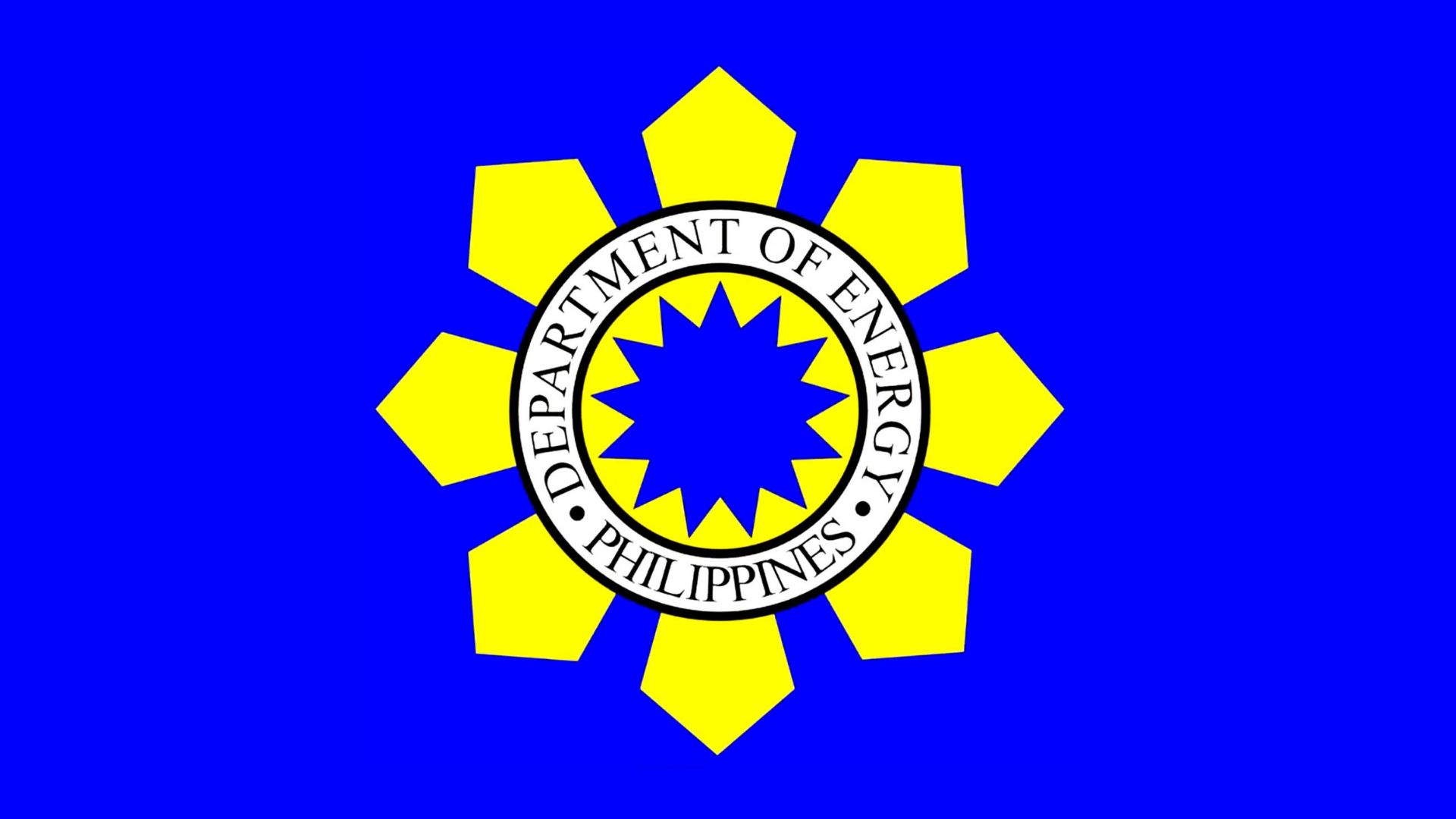DOE to release roadmap for sustainable aviation fuels in July
- June 27, 2024
- 0

The roadmap for the Sustainable Aviation Fuels (SAF) will be developed this July, according to the Department of Energy (DOE).
In the recently concluded German-Philippine conference on innovative bioenergy technologies, DOE Undersecretary Rowena Cristina L. Guevara said that the roadmap would be formulated in July and would be disseminated once finalized.
“The roadmap will be formulated in the first meeting in July of this year. So once the roadmap is finished, we can share it with you, or you may also participate in that discussion because the department always does public consultations,” said Guevara.
SAF is a chemically equivalent substitute for aviation fuel derived from fossil fuels that is also environmentally friendly. Waste from agriculture and wasted vegetable oils can be turned into this kind of fuel.
The Biofuels Act of 2006, also known as Republic Act (RA) No. 9367, stipulated in Section 9.2 that the National Biofuels Board (NBB) must advise the Department of Energy (DOE) on the use of biofuel blends in aviation, taking into account both technological feasibility and safety.
Additionally, the Department of Science and Technology (DOST) and the DOE have issued a call for research proposals on Sustainable Aviation Fuel (SAF), with the DOST Industrial Technology Development Institute designated as a key research entity for this initiative.
In other developments, the energy department said that with regulatory and policy improvements now in place, they hope that bioenergy will catch up with other technologies in the country as opportunities and incentives are available, and investors are showing interest.
“We’re hopeful that because of the incentives that we’re giving, renewable energy gets priority dispatch in the market. We have green energy options. We have green energy auctions. We have all of these beautiful policies lined up to facilitate renewable energy,” added Guevara.
As for financing, the department said that because the banks are “so liquid,” they could actually finance half of the country’s energy transformation, but for businesses to undertake bioenergy initiatives, they needed to be knowledgeable about both technology and social engineering.
“As I mentioned, the social engineering is the most crucial part for this type of technology. The technology is okay…but the social engineering needed to do the collection, the logistics, that is the high point,” the undersecretary said.